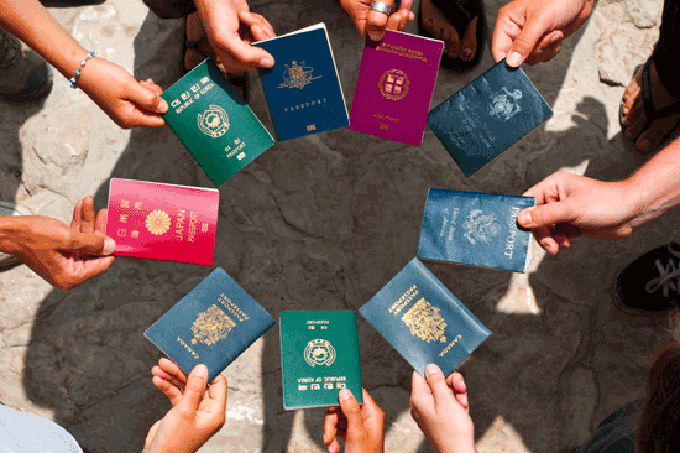Australian Universities have been forced to restructure their schedules & programmes in response to the Coronavirus. The return of international students can bring a substantial amount of financial security to the Australian economy and for this reason, Universities Australia (UA) has been taking initiative to help over 120,000 students who are stranded offshore, to come back to Australia and resume their studies.
International education raked in $37.6 billion last year and acts as Australia’s third largest export. Australia has the highest number of international students in the world where 3.6 percent of Australia’s total population consists of international students. Chinese students accounted for 38 percent of all international students, with the second-highest group of students coming from India at 18 percent. Chinese students have been the most affected, as travel bans made it difficult for 100,000 Chinese students to travel to Australia for the start of the 2020 school year.
Universities Australia, which comprises of 39 major universities in Australia, has submitted a comprehensive framework to the federal government proposing a gradual and safe return of overseas students to the country. This proposal requires all incoming students to undergo health checks prior to their arrival and mandatory quarantine after arrival into the country. According to UA Chief Executive, Catriona Jackson, universities and students have to be ready when border restrictions ease. Jackson further went on to say the return of international students into Australia requires careful coordination between governments, universities, health and immigration authorities. Once the government has agreed to the safety guidelines of this framework, campuses will get a better idea on how to follow these new rules, Jackson further added.
The impact of the global pandemic has only increased pressure for the government to exempt international students from the current Coronavirus-induced travel ban, to get the country’s lucrative international education sector back on its feet. Back in May, the government had announced that it will consider lifting the border restrictions for international students as early as July, to ease restrictions. What this means for students is that they would be able to get back to universities in time for their second semester of studies – if the government sticks to this plan.
Another tertiary group, known as the Group of Eight (G08), has also put forward a framework for states and the federal government to enable the return of international students, subject to pre-departure isolation and strict health checks. According to G08 Chief Executive, Vicki Thomson, the goal is to have all students, domestic and international, back on campus. As for when this programme might be in effect, it is possible it could happen late this year or early next year.
Changes to Tasmania’s State Sponsorship
Newly enrolled students completing their studies in Tasmania but are unable to return due to COVID-19 restrictions, will be eligible for consideration if they:
- Have completed an academic course and arrived in Tasmania soon after restrictions were lifted; and
- Lived and studied in Tasmania for a period of at least 12 months
Courses of one academic year must be completed solely in Tasmania – no period of remote study will be accepted. This includes students who enrolled in one year courses but did not arrive in Tasmania before entry restrictions.
As for graduates who had completed their study in Tasmania, but weren’t able to return after travelling overseas, are still eligible if they can provide evidence that their course was completed in Tasmania and that they had left Tasmania but unable to return due to Corona restrictions. These applicants must meet all other requirements for subclass 190 or 491 nomination, including the minimum Tasmanian residence period.
Students that have partially completed their studies and travelled overseas for a temporary period, but unable to return to Tasmania due to COVID-19 restrictions will be accepted if they can prove they are genuinely unable to come back to Tasmania. To be eligible, applicants must have lived in Tasmania for a minimum period of 12 months and completed a minimum total of 12 months study on campus in Tasmania.
To find out whether you might be eligible or not, speak to one of our MARA registered migration consultants. For the past decade our consultants have been assisting migrants from across the globe to settle in Australia, providing the latest migration news and planning towards PR/citizenship in Australia.





